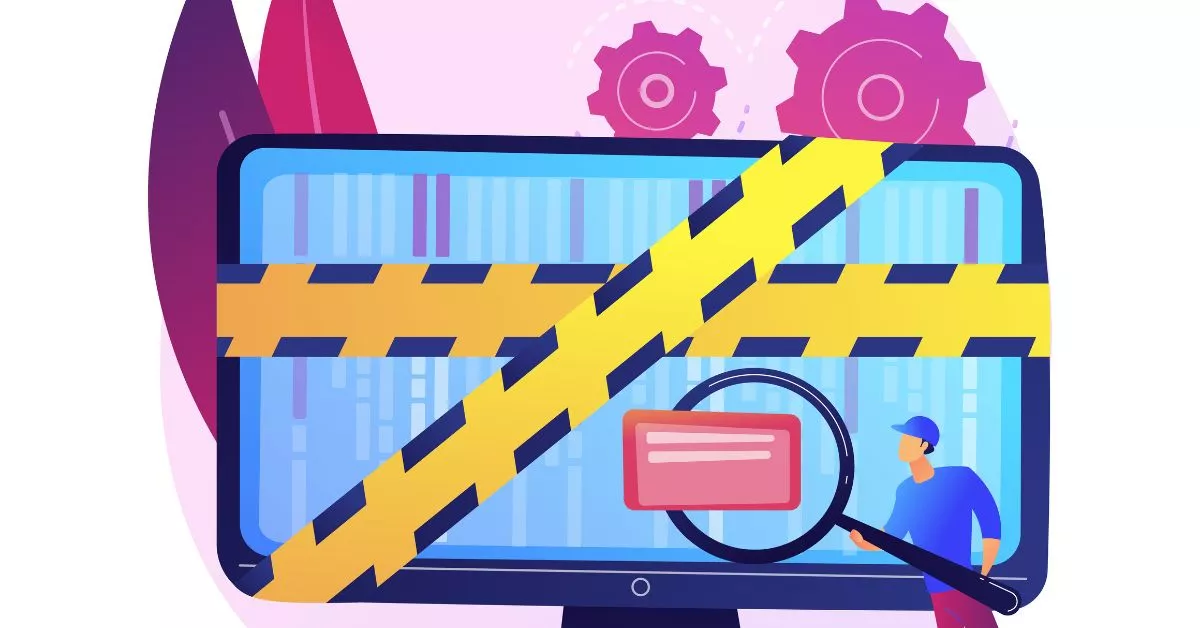Is it possible to work with a defective application or software? Well, the obvious answer is “No”. A flawed software is slow, inconvenient, and unsafe to use. That’s why, QA Engineers are in demand in today’s tech companies.
A Quality Assurance Engineer identifies and resolves defects in software before its launching. The tasks of these assessments are wide-ranging. They are – developing new tests, reporting results, and generating solutions to prevent defects.
Most of our daily activities have come within software and applications. QA Engineers work as superheroes to diminish defects. The importance of Quality Assurance is increasing with the advancement of technology. So, here are the top reasons why Quality Assurance is crucial.
7 reasons why Quality Assurance is important
1. Defects Prevention
The purpose of Quality Assurance is to improve the quality and functionality of the software. So, defect prevention follows the root-cause analysis process. After that, they remove the common root causes.
In software development, defect prevention is an end stage act. When they identify unsafe elements, they replace them with mature ones. If the final product complies with the requirements, the QA manager sends it for launch.

2. Compliance with Standards
At the software testing stage, QA Engineers verify the product’s compliance. They make sure to maintain the quality standards.
Based on the specific product requirements, QA Engineers follow specific quality standards. They are, , ISO 9001, ISO 13485, ISO/IEC 25000 (SQuaRE), IEEE 730, or industry-specific standards. So, the QA Engineers keep these quality standards into consideration. They assess the performance quality of the software application.

3. Identifies Weaknesses in Software
A QA Engineer identifies the drawback and weakness in software products or systems. They maintain a combination of various test design techniques. They are- security testing, performance testing, usability testing etc.
Test design techniques help identify inputs, outputs, and interactions that may trigger vulnerabilities.

4. Saves time and money
QA Engineers play a crucial role in saving time and money. QA Engineers detect bugs and errors at an early stage of software development. This includes various test processes. Such as unit testing, integration testing, and system testing, to detect and fix bugs, etc.
Moreover, they use defect tracking and management tools. It helps to log, track, rank, and resolve defects.
Besides, automation testing tools and frameworks help QA Engineers to process time-consuming tasks. It helps QA Engineers to perform tests and identify issues early. As a result, it reduces the testing time.

5. Guarantees User Satisfaction
QA Engineers play an essential role in ensuring user satisfaction. They perform extensive application testing to identify or fix defects or bugs.
QA Engineers focus on the end users requirements. Thus, they work with product managers, designers, and developers. Besides, they track the software throughout each step. It helps to ensure flawless functioning of the software.
On top of all, collaboration with product managers, designers, and developers ensures a user-centric approach.

6. Protects company reputation
Let’s face it! Defective software will bring a bad reputation for a software company. People lose their trust and interest in using the software with such a negative overview. That’s why QA Engineers are in great demand in today’s market. They assess the software. Next, they identify the error using relevant software tools. Finally, they come up with solutions to make the software.
7. Ensures Frequent Software Upgrade
QA Engineers check for software errors. Hence, the software goes through frequent software upgrades. QA Engineers always attempt to make software as efficient as possible. That’s why, QA Engineers verify the software compatibility from time to time. QA Engineers always have plans in place to roll back to the previous version of the software. When necessary, they upgrade the software. They also keep strong communication with stakeholders, development teams, project managers, and end-users. This ensures awareness of the upgrade.

Increasing demand of Quality Assurance in the IT industry
The demand of QA in industry is growing rapidly. Especially in this digital era, software has become the crux of all the gadgets we use. Software is constantly developed and upgraded as per clients requirements. The demand for QA Engineering is about to grow by 25% by 2031.
The demand for QA testing is not limited to the IT sector. It has expanded its horizon in the healthcare sector as well. The Quality Assurance team in the medical sector ensures that the software is up to date. In today’s time, Medical or Healthcare apps by focusing solely on test coverage and compatibility. QA Engineers help in this regard.
Software is upgraded every few years to make it more convenient and user-friendly. That’s where a Quality Assurance tester plays a crucial role to ensure the effectiveness and quality of the software.

3 Responses
best female viagra over the counter
order viagra soft tabs
zofran pregnancy safe